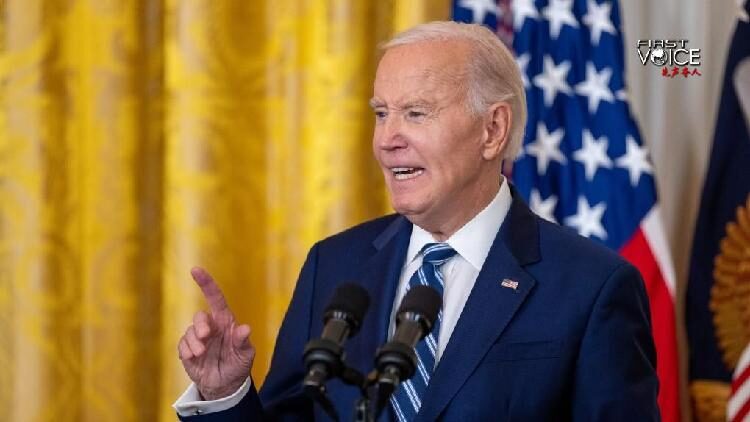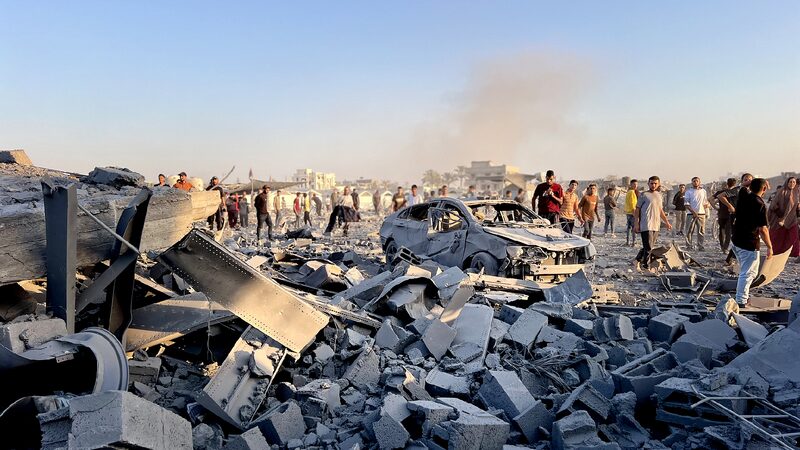As U.S. President Joe Biden wraps up his term in office, his foreign policy legacy is under intense scrutiny. Despite his claims of strengthening alliances and avoiding new wars, critics point to escalating conflicts in the Middle East and Eastern Europe as evidence of growing global instability.
Middle East Tensions Escalate
Biden recently touted his administration’s support for Israel, stating, “All told, Iran is weaker than it’s been in decades.” However, many argue that U.S. military aid to Israel amid the ongoing conflict in Gaza has contributed to regional tensions. Efforts by the international community to secure a ceasefire and provide humanitarian aid have been hampered, with the U.S. vetoing several United Nations Security Council resolutions calling for an immediate halt to hostilities.
Josh Paul, a former senior State Department official, criticized the administration’s approach, highlighting the increase in arms transfers to Israel. “We’ve seen a sharp increase in the transfer of arms to Israel,” he noted, expressing concern over the humanitarian impact on civilians in Gaza.
Continued Strife in Ukraine
In Eastern Europe, the conflict in Ukraine continues with no clear end in sight. Biden has emphasized U.S. support for Ukraine, boasting that he was the first sitting president to visit Kyiv during the ongoing conflict. While he views this as a stand against aggression, others believe that the prolonged conflict risks further escalation.
Russian officials have accused the U.S. of provoking tensions. Maria Zakharova, spokesperson for Russia’s Foreign Ministry, stated that U.S. support for Ukraine has pushed the world toward the brink, increasing the risk of a larger confrontation.
Afghanistan Withdrawal Controversy
Biden also highlighted the U.S. withdrawal from Afghanistan as a significant achievement. Yet, the chaotic and swift exit has been widely criticized. Images of desperate Afghans and the rapid takeover by the Taliban have raised questions about the effectiveness of U.S. foreign policy decisions.
Rising Tensions with China
Biden’s remarks about China have also drawn attention. He asserted that China would “never surpass the U.S. – period.” Analysts warn that such rhetoric may exacerbate tensions between the two nations, impacting global economic and political stability. Observers emphasize the importance of cooperation over competition to address shared challenges in an interconnected world.
A Shifting Global Landscape
Analysts suggest that the U.S. is now entangled in multiple international challenges. Stephen Wertheim, a historian and senior fellow at the Carnegie Endowment for International Peace, commented that the U.S. is immersed in conflicts with serious escalation risks and has entered into strategic rivalries on multiple fronts.
Biden’s foreign policy has sparked debate over the pursuit of peace versus the projection of power. As global tensions rise, many are questioning whether current strategies are fostering stability or contributing to a cycle of conflict.
Reference(s):
cgtn.com








